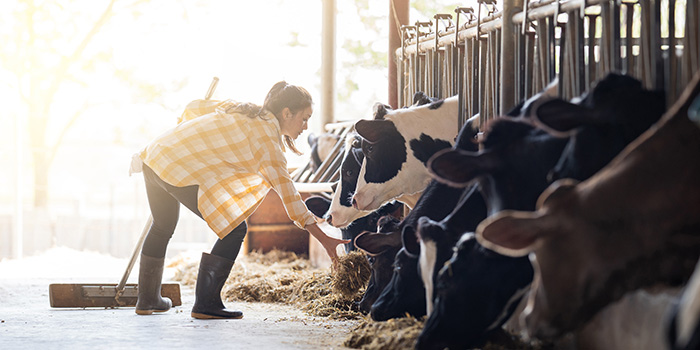After a warm and wet summer, which may have led to an increased risk of mixed worm burdens across the country, beef farmers are being advised to get on top of parasites at housing to prevent any production losses.
Housing is an important time to clear out any parasites picked up during grazing to prevent growth rate reductions and health issues, according to vet and integrated beef for StraightLine Beef Rob Drysdale.
“The warm and wet weather we are having could mean livestock are at higher risk of a mixed worm burden. It is vital cattle are housed free of worms, fluke, and external parasites such as lice and mange mites to prevent production losses and housing provides the ideal time to do this,” he said.
Mr Drysdale said faecal egg count tests to detect worms and coproantigen tests to detect fluke should be used in combination with farm history and symptoms to determine the issue and whether there is a worm burden, fluke burden, or both (mixed burden).
“Calves that are not performing at grass could also be indicative of a parasite problem and should be treated,” Mr Drysdale said.
“Lungworm can be particularly problematic at housing as they can often be present without any symptoms. However, when animals are stressed that is when they can cause problems. Lungworm can be a major issue because of the respiratory impact it has.”


